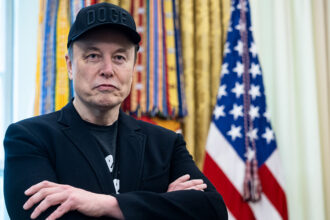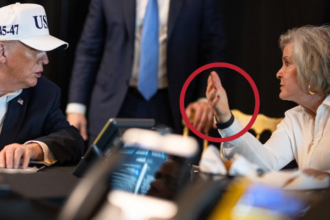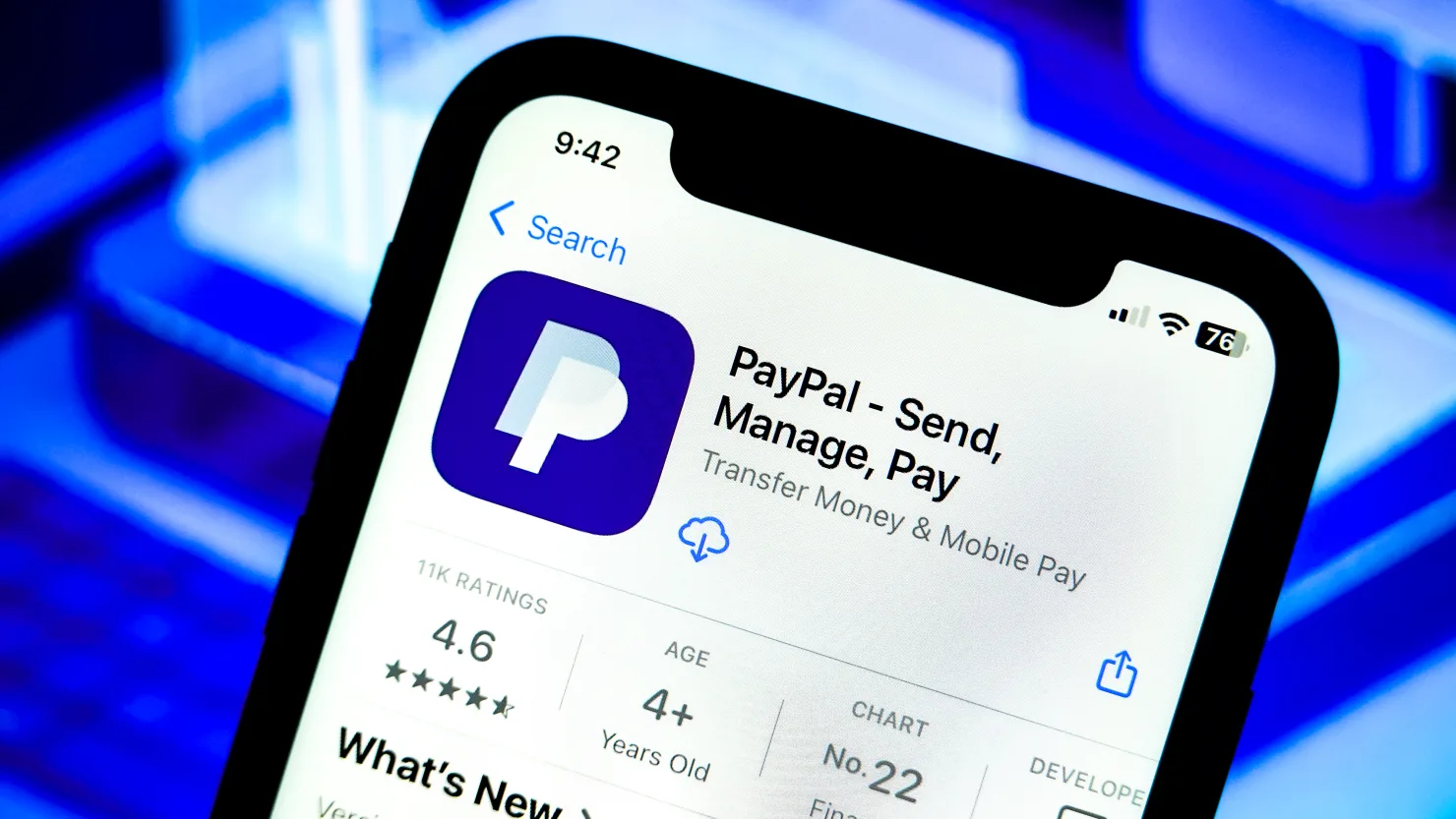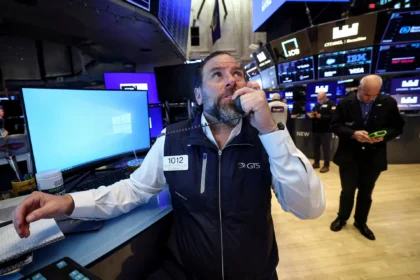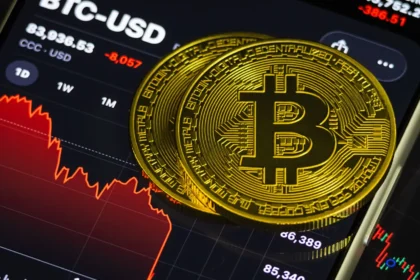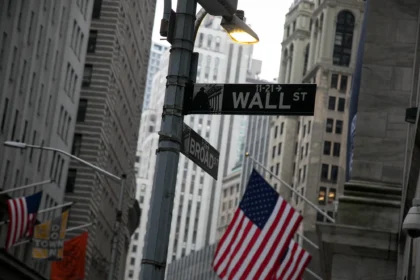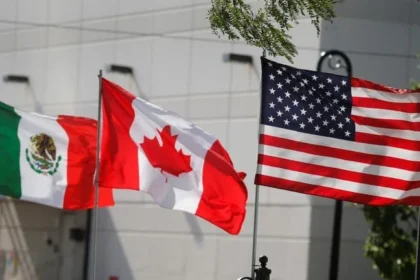The world of e-commerce is on the verge of another structural shift. PayPal has signed a strategic partnership with OpenAI to integrate its digital wallet directly into ChatGPT, turning the conversational AI into a full-fledged shopping interface. This isn’t just another move toward payment automation – it’s one of the first real examples of artificial intelligence becoming a marketplace in its own right. At YourDailyAnalysis, we view this deal as a turning point: for the first time, the market is betting not on a website or an app, but on a conversation as the point of purchase.
Under the terms of the agreement, starting next year, PayPal users will be able to make purchases inside ChatGPT without leaving the interface, while merchants within PayPal’s ecosystem will have the ability to list and sell their products directly through it. PayPal CEO Alex Chriss explained that this integration will allow hundreds of millions of verified PayPal wallet holders to shop securely and instantly through ChatGPT – essentially bringing the familiar “Buy with PayPal” button into the dialogue itself.
The market responded immediately. PayPal shares jumped 14% in premarket trading following the announcement. As we note, this surge is more than investor enthusiasm – it’s a vote of confidence in PayPal’s ability to lead the coming era of AI-driven commerce. Only months ago, the company was criticized for losing its innovative edge; now it’s positioning itself as the payment backbone of a new digital economy.
From a technical perspective, PayPal will handle merchant routing, payment verification, and backend transaction processing. Sellers will not need to register directly with OpenAI – PayPal will manage the entire infrastructure. “We already have the world’s largest network of verified buyers and sellers,” Chriss emphasized, noting that this dramatically reduces the risk of fraud. At YourDailyAnalysis, we see this as PayPal’s strongest differentiator: it’s not just embedding a payment button, it’s exporting its entire trust architecture into the AI ecosystem.
For OpenAI, the partnership marks a key step in building a commercial layer around ChatGPT. Over the past months, the company has quietly expanded into e-commerce by enabling shopping through Shopify, Etsy, and Walmart integrations. Adding PayPal to this mix unites search, recommendation, and payment into one seamless experience. At YourDailyAnalysis, we see this as the emergence of what we call agentic commerce: the user describes what they need, the AI finds and compares products, and the purchase happens in a single conversational flow.
Chriss himself called it “a new shopping paradigm,” arguing that agent-based commerce will soon be a default part of consumer behavior. In essence, artificial intelligence is becoming the intermediary between intent and transaction. For users, it means simplicity and speed; for PayPal, it means owning the most valuable part of the chain – trust.
Importantly, the fintech giant isn’t stopping at external integrations. PayPal has also expanded its internal use of OpenAI’s enterprise tools to accelerate product development and improve operational efficiency. We at YourDailyAnalysis believe this demonstrates a deeper transformation: the company isn’t just plugging into AI – it’s restructuring itself around AI, embedding intelligence into its design and decision-making loops.
Strategically, this partnership helps PayPal solve two long-standing challenges. First, it restores investor confidence. After years of being viewed as a mature, slow-growth company, PayPal now has a clear catalyst: a new revenue stream from AI-powered commerce. Second, it provides differentiation. While competitors are still debating how to integrate with generative AI, PayPal is already gaining access to ChatGPT’s estimated 700 million weekly users – a first-mover advantage that could prove decisive.
At YourDailyAnalysis, we also see three structural risks. The first is regulatory: once an AI system doesn’t just recommend but executes transactions, questions arise about accountability, transparency, and potential bias in product selection. The second is channel dependency: if ChatGPT becomes the dominant point of sale, PayPal risks over-reliance on a single ecosystem. To mitigate that, the company will likely replicate this model with other AI platforms – something already hinted at through its deals with Google and Perplexity. The third is expectations: the market now prices PayPal as a growth story again. If real transaction volumes through ChatGPT fail to meet those expectations, the stock could face pressure.
Even so, we consider the long-term strategic value of the deal significant. Agent-based commerce is no longer theoretical – it’s emerging as a new consumer habit. PayPal is embedding itself at the most lucrative stage of that process: the point of payment. Whoever controls the checkout controls the trust, and in the AI economy, trust is the new currency.
In the end, the PayPal–OpenAI partnership signals the beginning of a new era – one where purchases happen not on websites, but within conversations. At Your Daily Analysis, we believe this isn’t just a tech integration but an attempt to rewrite the mechanics of global e-commerce. PayPal is doing what others are still planning: bringing money, merchants, and security into the very interface where the next economy is being born – the interface of artificial intelligence.




